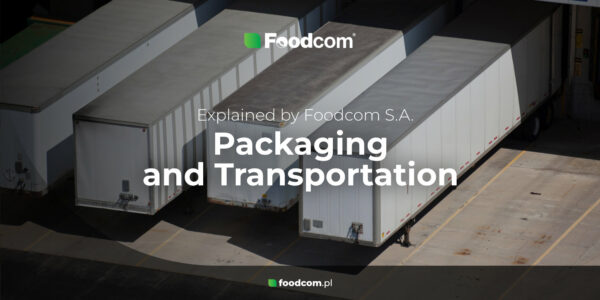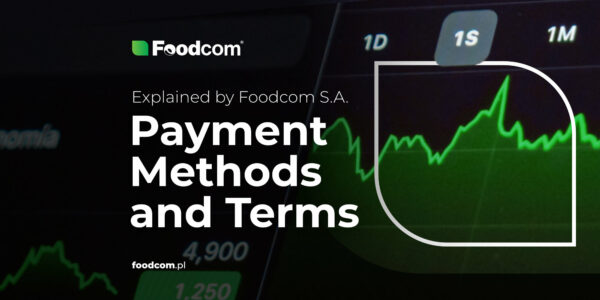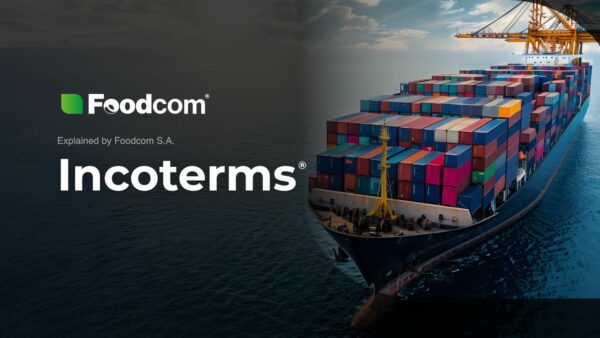Delivery – what is it?
Delivery, particularly in the context of Foodcom S.A.’s operations in the food, feed, and industrial sectors, refers to the process of transporting goods from one location to another to fulfill a commercial transaction. It encompasses the entire logistical journey – from the moment an order is placed until the products reach the client’s doorstep or specified destination. Ensuring timely, safe, and efficient delivery is paramount, especially in sectors like food and feed where product integrity and freshness can be critical to quality and safety standards.
Most common questions
1. Why is delivery crucial for B2B transactions in the food and feed industry?
In the B2B landscape of the food and feed industry, the stakes for timely and secure delivery are high. Delays or mishandling can impact product quality, shelf life, and even safety, leading to potential financial losses and reputational damage. An efficient delivery system ensures the preservation of product integrity and the satisfaction of end consumers.
2. How does Foodcom S.A. ensure the safety of products during delivery?
Foodcom S.A. utilizes a combination of specialized packaging, controlled transportation environments (e.g., refrigerated trucks for perishables), and trusted logistical partners to ensure products are delivered in optimal conditions. Regular audits, inspections, and feedback mechanisms also play roles in ensuring the safety and quality of deliveries.
3. What factors influence delivery times?
Several factors can influence delivery times, including the distance between the supplier and client, the mode of transportation, customs and regulatory clearances, weather conditions, and the nature of the product (e.g., perishables may require faster transport).
4. Can clients track their deliveries?
Modern B2B commerce, especially in sectors managed by Foodcom S.A., often incorporates tracking technologies. Clients can typically monitor the real-time status of their deliveries, estimating arrival times and ensuring preparations for product reception.
5. How does Foodcom S.A. handle delivery challenges or disruptions?
Contingency planning is an integral part of Foodcom S.A.’s delivery strategy. In the event of unforeseen disruptions – be it due to natural events, transportation breakdowns, or other challenges – the company activates alternative plans, communicates proactively with clients, and takes necessary measures to ensure the least possible impact on delivery commitments.





